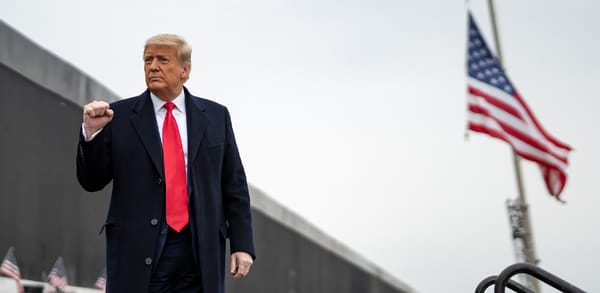
United States
— Donald Trump’s return heralds dramatic shifts in US foreign policy, blending bluster, deal-making, and strategic disengagement from Europe and the Middle East, while intensifying Western Hemisphere dominance and China confrontation.
Professor of International Security, University of Birmingham.


United States
— Donald Trump’s return heralds dramatic shifts in US foreign policy, blending bluster, deal-making, and strategic disengagement from Europe and the Middle East, while intensifying Western Hemisphere dominance and China confrontation.
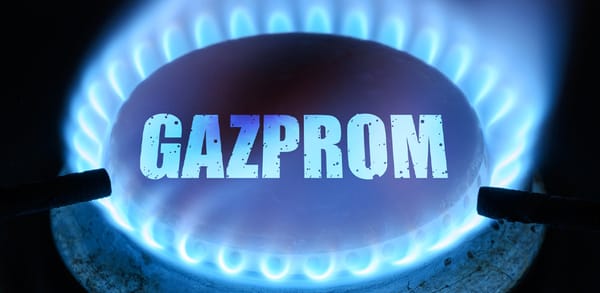
Ukraine
— Kyiv’s termination of Russia’s gas transit to Europe ends a historic energy dependency, symbolising Europe’s energy resilience. Russia now faces economic losses, but Moldova and Transnistria confront severe energy crises and instability too.
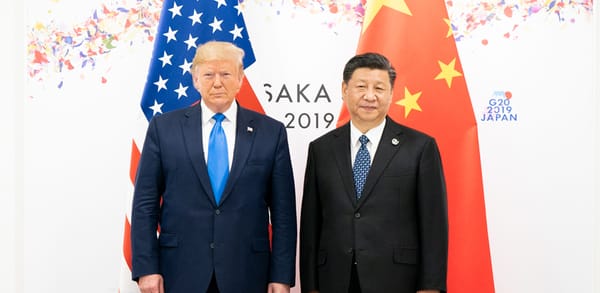
War in Ukraine
— Donald Trump’s invitation to Xi Jinping for his inauguration aims to involve China in Ukraine peace talks, but Beijing’s interests likely align with prolonging the conflict, favouring its geopolitical dominance.

War in Ukraine
— Donald Trump’s reelection raises questions about his pledge to end the Ukraine War. Europe must prepare for reduced U.S. support, while Ukraine faces difficult choices to secure sovereignty and stability.
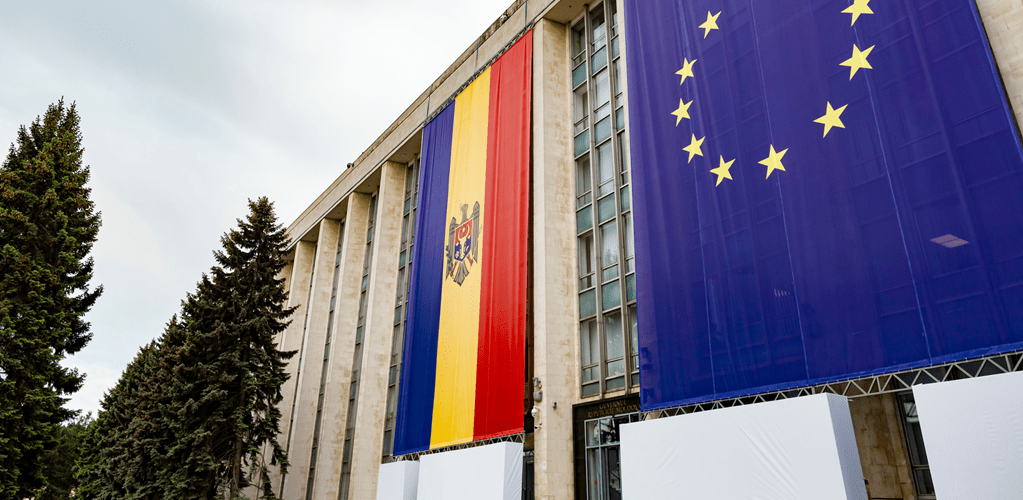
Eastern Europe
— Moldova faces intense Russian-backed disinformation ahead of its October 20 referendum on EU membership, as pro-European President Maia Sandu campaigns to align Moldova with the EU despite entrenched divisions.

2024 US Presidential Election
— Donald Trump’s pick of Ohio Senator J.D. Vance as running mate could shift US focus from Europe to China, sparking European fears of diminished American support. Vance’s stance might weaken transatlantic security ties.
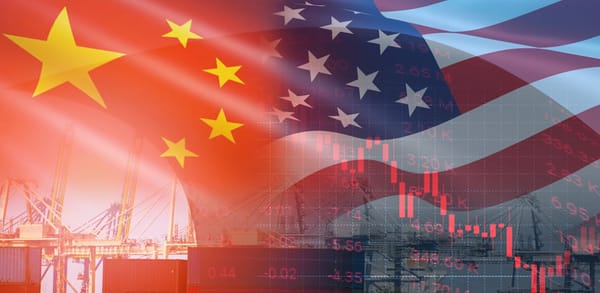
US-China Relationship
— Biden and Xi discussed stabilising US-China relations, covering Taiwan, TikTok, tariffs, and support for Russia in a 105-minute call, indicating a thaw in relations amid deep-seated mistrust.

War in Ukraine
— Russia’s annexation of Crimea in 2014 hasn’t secured the region as Vladimir Putin hoped. Recent Ukrainian attacks expose vulnerability, leading to losses like the Black Sea fleet. Ukrainian successes challenge Russia’s grip.
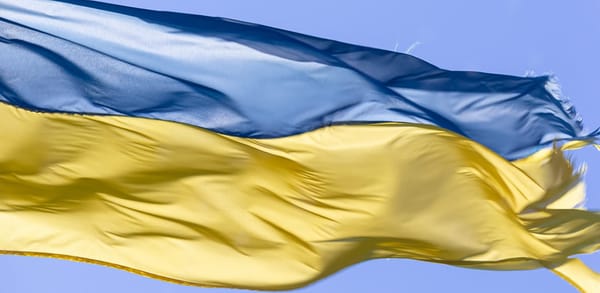
War in Ukraine
— Ukraine faces a dual challenge: while President Zelensky’s anti-corruption efforts show progress, a scandal involving missing military supplies highlights pervasive corruption, jeopardizing both internal stability and Western support.
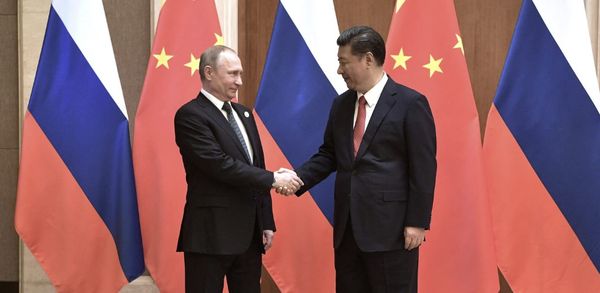
China-Russia Relationship
— Vladimir Putin’s first trip outside Russia in 20 months is to attend Xi Jinping’s Belt and Road Initiative (BRI) anniversary summit. Both leaders aim to challenge the Western-dominated order but their partnership leans towards China.
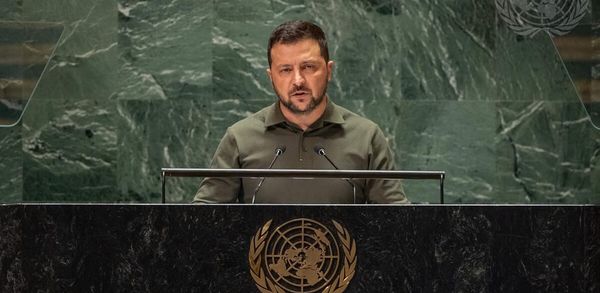
War in Ukraine
— As the war nears 600 days, there are signs that support for Ukraine could be beginning to waver in some parts.
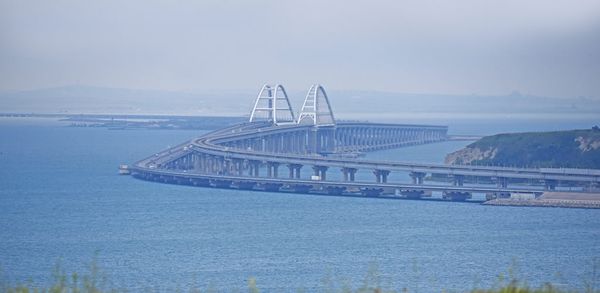
War in Ukraine
— Ukraine has damaged the Kerch Strait bridge that connects Russia and Crimea, in a symbolic strike against Russia’s illegal annexation of the peninsula. The attack is part of a broader campaign to disrupt Russian supply lines and undermine its claim to Ukrainian territory.
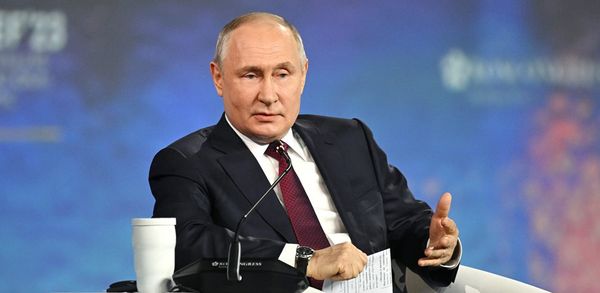
Russia
— Yevgeny Prigozhin’s coup attempt exposed the weakness and fragility of Vladimir Putin’s regime and the war in Ukraine. The crisis also raised doubts about Russia’s reliability as a partner for its allies. The failed rebellion may have lasting repercussions for Russia and the region.
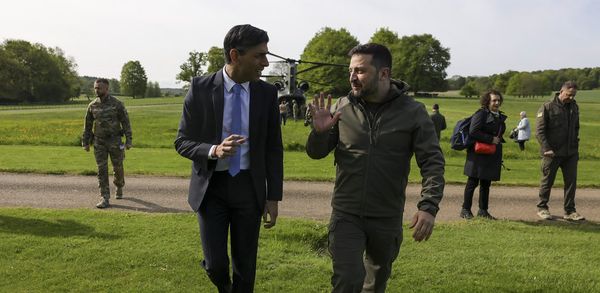
War in Ukraine
— The recent visits of Volodymyr Zelensky to his European allies to seek military and diplomatic support for the war against Russia was a success as Germany, France, and Britain have agreed to provide Ukraine with more weapons and equipment for its counter-offensive.
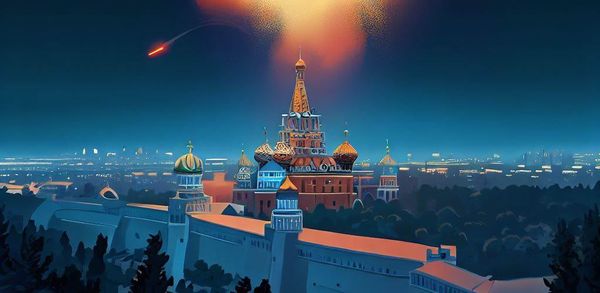
War in Ukraine
— The drone ‘attack’ on the Kremlin remains shrouded in mystery. The logic suggests a false flag but here are some of the possible explanations.
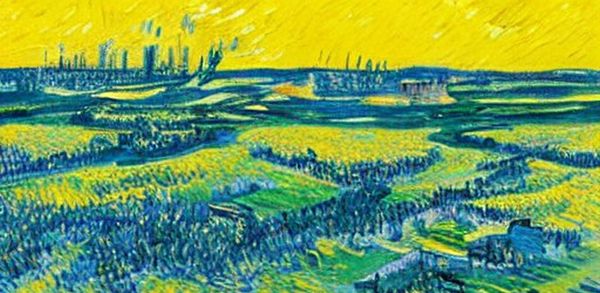
War in Ukraine
— Ukraine is hinting it may be prepared to talk, with conditions. Here’s what both sides could learn from the Northern Ireland peace process.
|
|